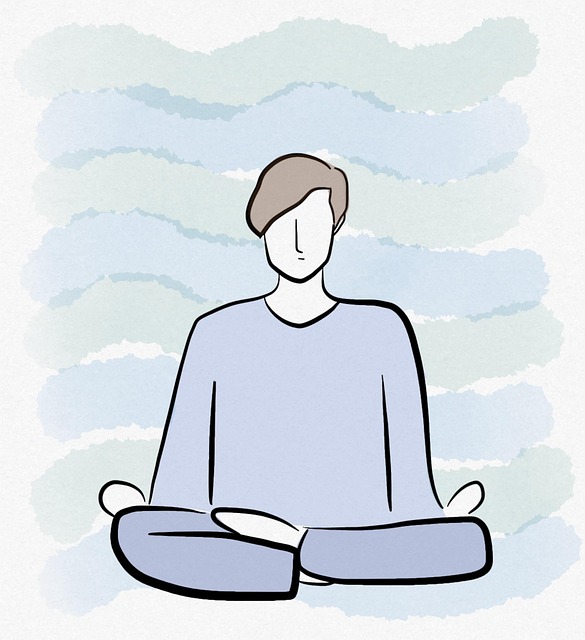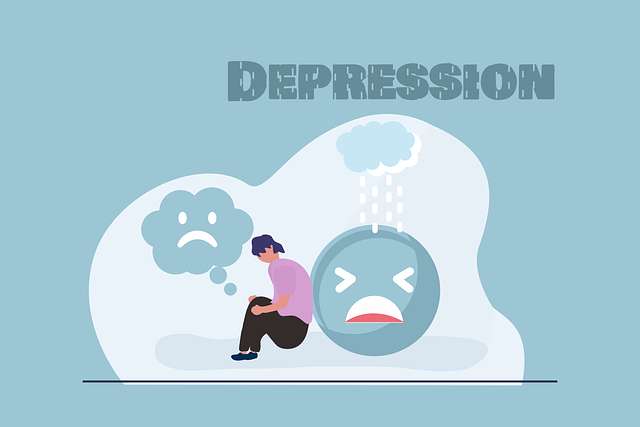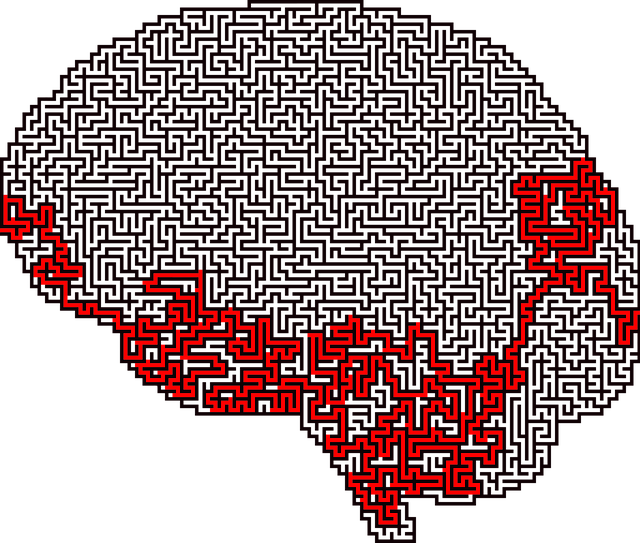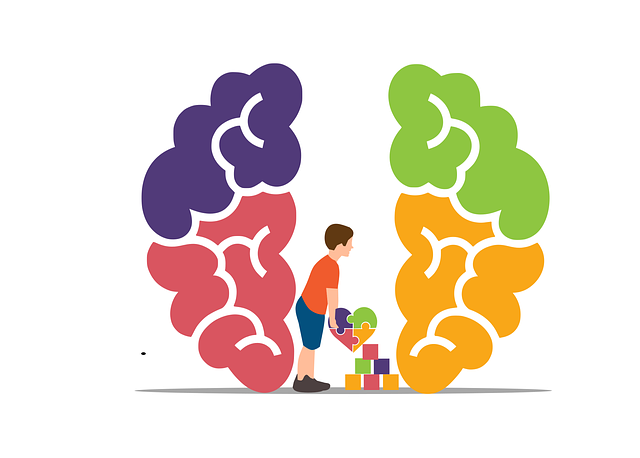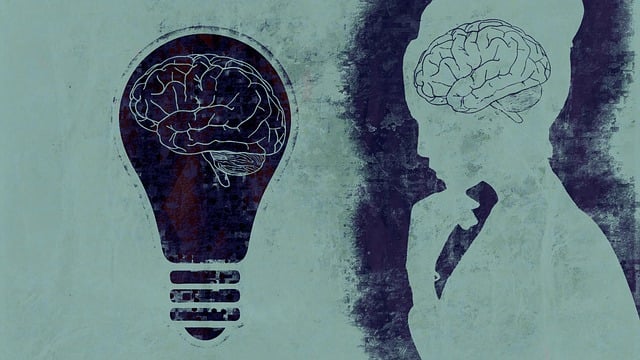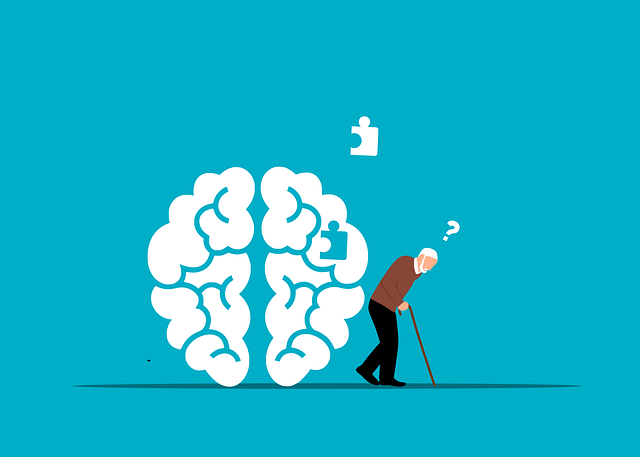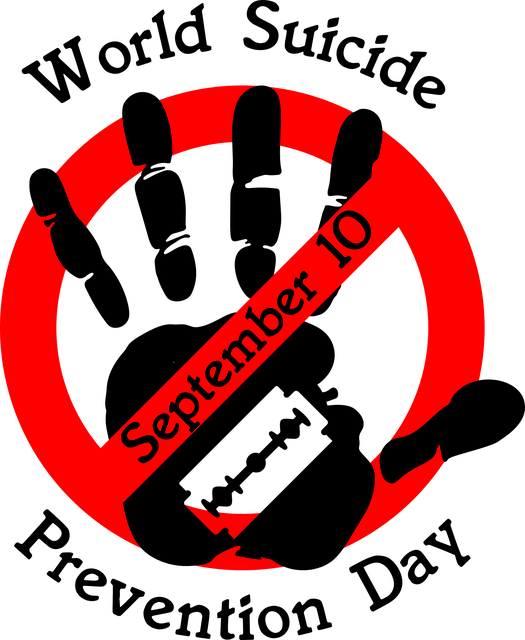Golden Psychosis Therapy offers a revolutionary, comprehensive approach to anxiety management, combining advanced psychological techniques with community support. By identifying triggers and modifying maladaptive thought patterns through CBT, exposure therapy, and cultural sensitivity, this therapy enhances mood management. Mindfulness practices, relaxation techniques, lifestyle adjustments like proper nutrition and exercise, and burnout prevention strategies further empower individuals to achieve lasting emotional well-being.
Anxiety management techniques are essential tools for navigating life’s challenges. This comprehensive guide explores various strategies to combat anxiety effectively. We delve into unique approaches like Golden Psychosis Therapy, offering a fresh perspective on mental health. Understanding triggers is key; recognizing patterns allows for targeted intervention. Cognitive behavioral techniques challenge negative thoughts, while mindfulness and relaxation practices cultivate calmness. Additionally, we highlight lifestyle adjustments—nutrition, exercise, and sleep—as cornerstone strategies for anxiety reduction, emphasizing holistic well-being.
- Understanding Golden Psychosis Therapy: A Unique Approach to Anxiety Management
- Identifying Triggers: Recognizing Patterns and Stressors for Effective Intervention
- Cognitive Behavioral Techniques: Challenging Negative Thoughts and Behaviors
- Mindfulness and Relaxation Practices: Cultivating Presence and Calming the Mind
- Lifestyle Adjustments: Nutrition, Exercise, and Sleep as Cornerstone for Anxiety Reduction
Understanding Golden Psychosis Therapy: A Unique Approach to Anxiety Management

Golden Psychosis Therapy offers a unique and innovative approach to managing anxiety by focusing on the mind’s ability to heal itself through powerful psychological techniques. This therapy goes beyond traditional treatments, delving into the intricate emotional healing processes that can be both empowering and transformative for individuals struggling with anxiety disorders. By utilizing specialized strategies, it aims to reshape negative thought patterns and promote a deeper sense of calm and resilience.
One of its key strengths lies in the integration of various therapeutic methods tailored to individual needs. This personalized approach, combined with a supportive community outreach program implementation, can significantly enhance mood management. Golden Psychosis Therapy creates a safe space for clients to explore their emotions, challenge anxiety-inducing beliefs, and develop effective coping mechanisms. Through this process, individuals not only gain better control over their anxiety but also cultivate lasting tools for emotional well-being.
Identifying Triggers: Recognizing Patterns and Stressors for Effective Intervention

Identifying triggers is a key step in managing anxiety effectively. By recognizing patterns and stressors in our lives, we can begin to understand what sets off our anxious thoughts and feelings. This proactive approach allows for more effective intervention. For instance, if you notice that certain situations or interactions consistently lead to anxiety, it’s important to reflect on why. Perhaps it’s related to past experiences, societal pressures, or even specific communication styles.
Understanding these triggers can empower individuals to develop tailored strategies. Golden Psychosis Therapy, for example, emphasizes the importance of identifying and modifying maladaptive thought patterns. Additionally, incorporating stress reduction methods like mindfulness practices, compassion cultivation, and burnout prevention strategies for healthcare providers can help manage anxiety in both personal and professional settings.
Cognitive Behavioral Techniques: Challenging Negative Thoughts and Behaviors

Cognitive Behavioral Techniques (CBT) offer a powerful approach to managing anxiety by challenging and restructuring negative thought patterns and behaviors. This process involves identifying distorted thinking, such as all-or-nothing thinking or catastrophizing, and replacing them with more realistic and balanced perspectives. CBT encourages individuals to question the validity of their anxious thoughts and develop healthier cognitive responses. For instance, someone experiencing social anxiety might learn to challenge the belief that they will be judged harshly in every social situation, replacing it with a more realistic thought like, “It’s okay if I make mistakes; everyone does.”
This technique also extends to modifying behaviors associated with anxiety. By gradually exposing oneself to feared situations or objects, individuals can build resilience and learn coping strategies. This process, often referred to as exposure therapy, helps in developing inner strength by demonstrating that one can manage anxiety-provoking scenarios effectively. Moreover, cultural sensitivity in mental healthcare practice ensures that these techniques are tailored to an individual’s background and experiences, enhancing their effectiveness. Emotional intelligence plays a significant role too, as it enables individuals to recognize and understand their emotions, leading to better management of anxious responses.
Mindfulness and Relaxation Practices: Cultivating Presence and Calming the Mind

Mindfulness and relaxation practices have become powerful tools in managing anxiety, offering a peaceful sanctuary within the chaos. This ancient approach focuses on cultivating presence, encouraging individuals to be fully aware of the present moment without judgment. By calming the mind, one can disrupt the cycle of anxious thoughts and create a sense of tranquility.
Golden Psychosis Therapy, for instance, leverages mindfulness to help individuals recognize and accept their emotions without reacting impulsively. This involves techniques such as deep breathing exercises, meditation, and mental wellness journaling—all designed to reduce stress and prevent burnout. Stress Management Workshops Organization often promotes these practices as an integral part of their guidance, empowering people to take control of their mental health. Similarly, Mental Wellness Journaling Exercises can be a daily ritual, helping individuals process their thoughts and feelings, ultimately fostering better emotional regulation.
Lifestyle Adjustments: Nutrition, Exercise, and Sleep as Cornerstone for Anxiety Reduction

Anxiety management begins with foundational lifestyle adjustments that can significantly impact mental wellness and mental health awareness. Proper nutrition plays a crucial role in Golden Psychosis Therapy by ensuring your body has the necessary tools to combat stress hormones effectively. Incorporating foods rich in omega-3 fatty acids, magnesium, and B vitamins—found in leafy greens, whole grains, and lean proteins—can help regulate mood and reduce anxiety symptoms.
Regular exercise is another cornerstone for anxiety reduction. Physical activity stimulates the release of endorphins, which act as natural stress relievers, and promotes better sleep quality. Aim for a combination of aerobic exercises, like walking or swimming, and strength training to maximize mental health benefits. Adequate sleep, typically 7-9 hours per night, is essential for regulating hormones and maintaining communication strategies that support emotional balance. Establish a consistent sleep schedule and create a relaxing bedtime routine to enhance the quality of your rest.
Anxiety management is a multifaceted journey, and the techniques outlined in this article offer a comprehensive roadmap. From understanding Golden Psychosis Therapy’s unique perspective to incorporating lifestyle adjustments like nutrition, exercise, and sleep, each section equips readers with powerful tools. By identifying triggers, challenging cognitive behaviors, practicing mindfulness, and adopting relaxation techniques, individuals can effectively navigate their anxiety. Remember, managing anxiety is a personal process; combining these strategies allows for a tailored approach to finding inner peace and improving overall well-being.

